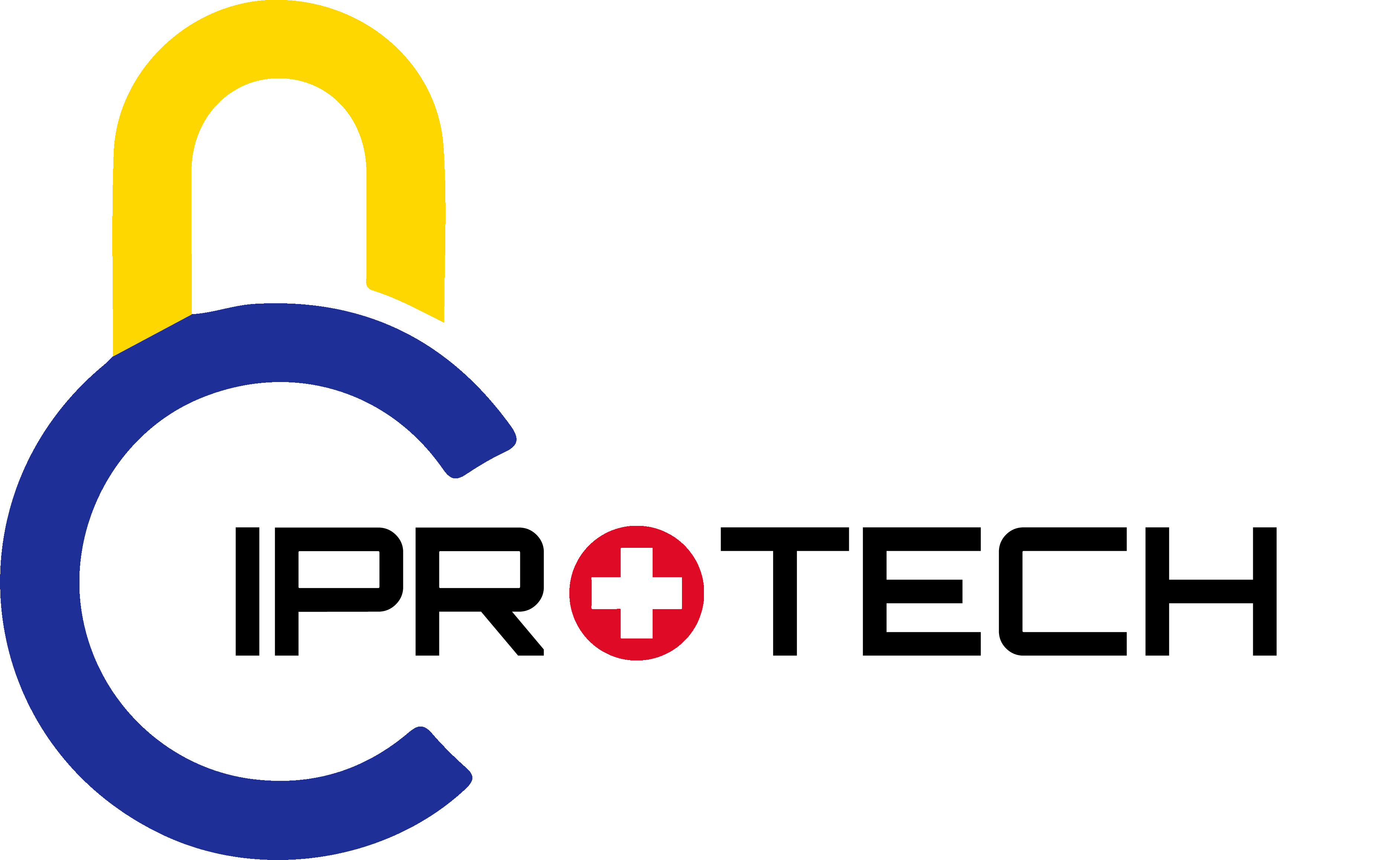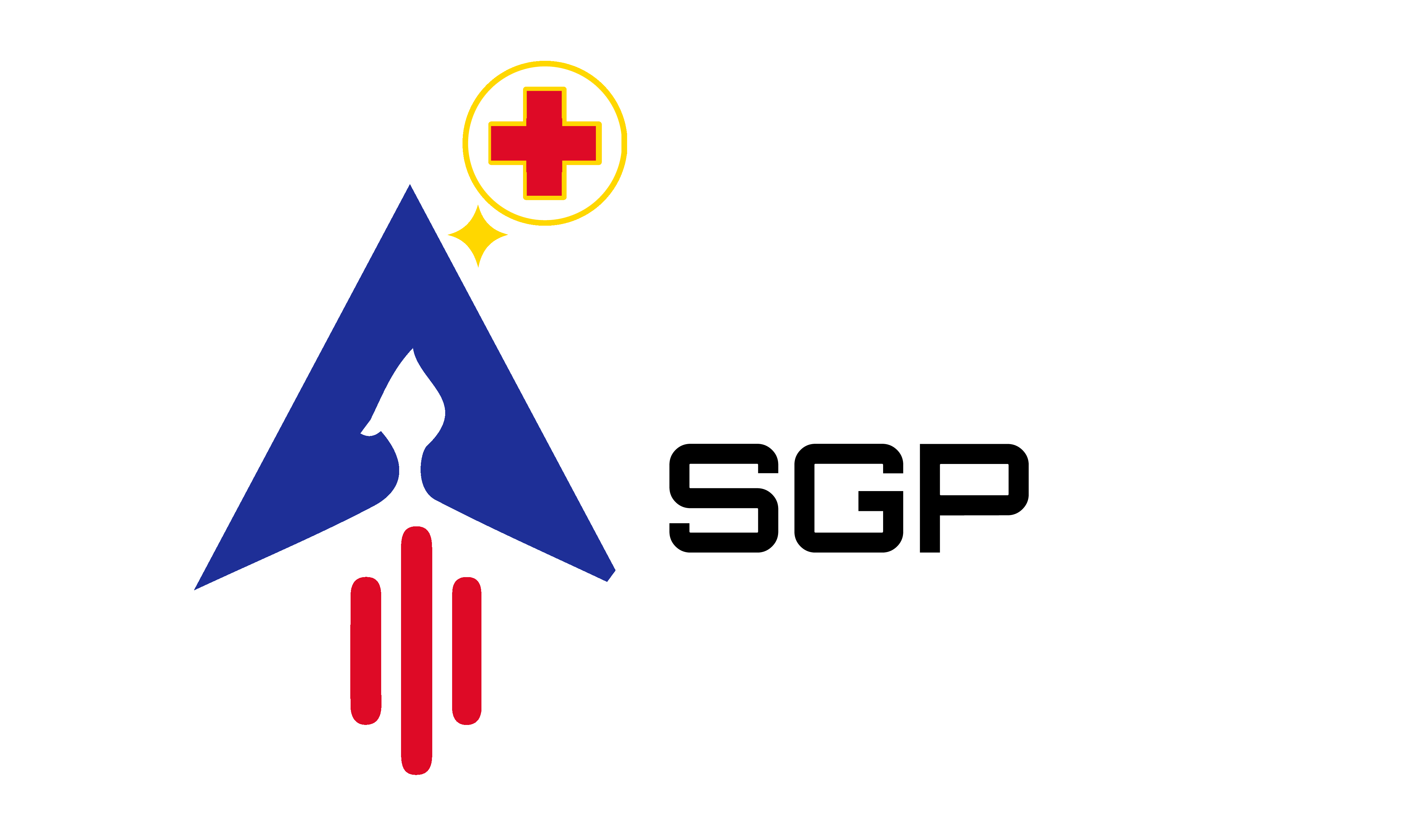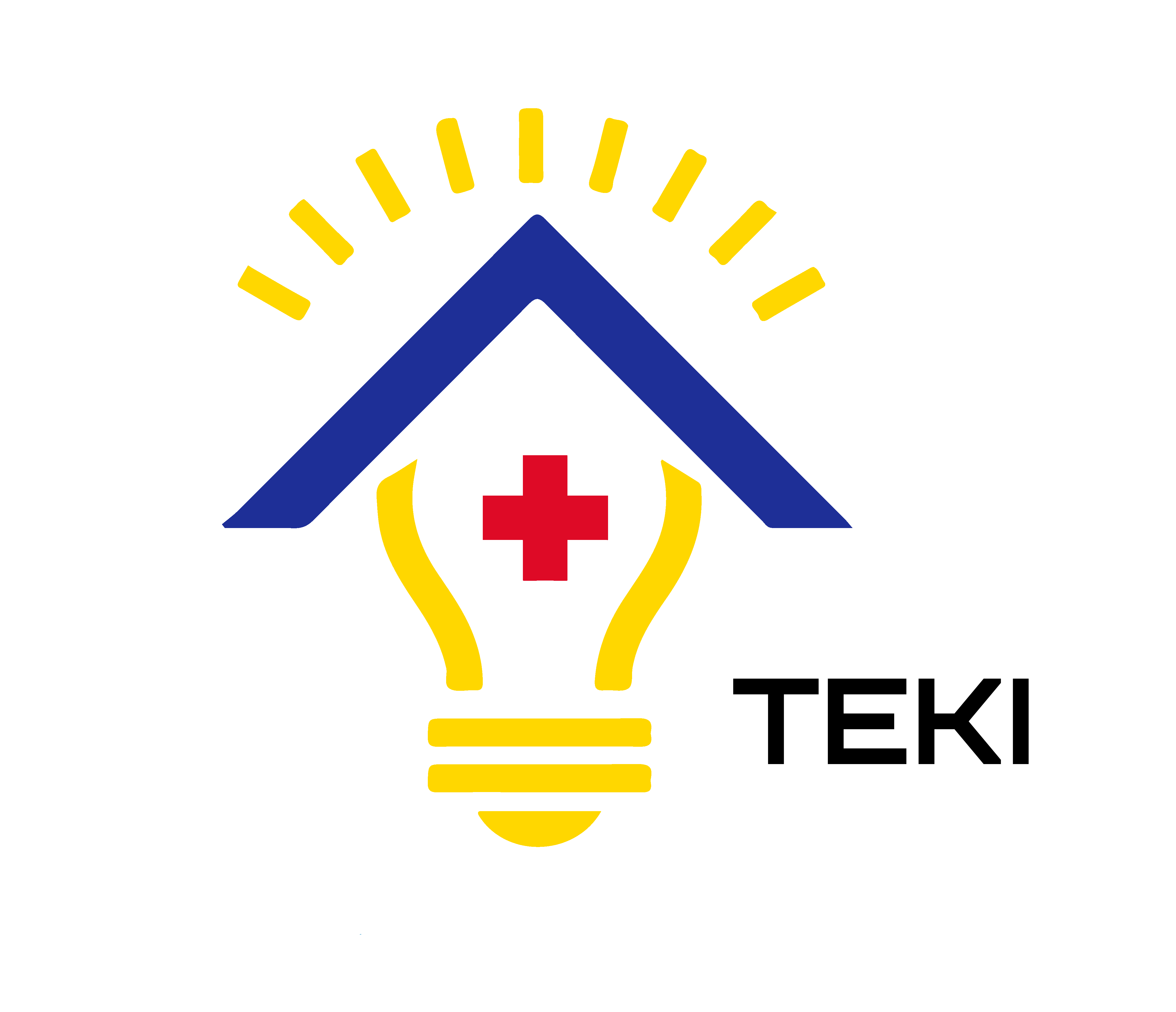Overview
The mission of the Department of Science and Technology–Philippine Council for Health Research and Development (DOST-PCHRD) and Faculty of Tropical Medicine (FTM), Mahidol University―SEAMEO TROPMED Thailand is to address health system needs by developing and strengthening capacity for health research through teaching and research for advanced knowledge in tropical medicine. Hence, both institutions agreed to collaborate on the development and implementation of a Foreign Graduate Scholarship Program (FGSP) in Tropical Medicine.
The FGSP-TropMed offers exciting opportunities for research training particularly on tropical diseases. The program aims to provide opportunities to deserving students to study and obtain graduate degrees abroad and develop a pool of high-quality human resources who will contribute to the country’s global competitiveness and economic development.
Program: Doctor of Philosophy in Tropical Medicine
The three-year multidisciplinary program offers broad areas in Tropical Medicine including Protozoology, Helminthology, Medical Entomology, Microbiology and Immunology, Social and Environmental Medicine, Tropical Hygiene, Tropical Nutrition and Food Science, Tropical Pathology and Molecular Tropical Medicine and Genetics focusing on active learning experience in well-equipped laboratory and at field site to equip graduates with multidisciplinary knowledge and skills in Tropical Medicine.
Capacity
One (1) position for the PhD program will be available each year at FTM Mahidol University―SEAMEO TROPMED Thailand (subject to the availability of funds).
Eligibility Criteria
The applicant must:
- be a Filipino citizen;
- be in good health condition;
- not be more than 50 years old at the time of application;
- have completed MSc degree in related field of study;
- have an outstanding academic record;
- have passed the admission requirements of Mahidol University for the PhD study;
- have passed the interview and other screening procedures;
- have research interests aligned with the National Unified Health Research Agenda (NUHRA) and Harmonized National Research and Development Agenda (HNRDA);
- conduct their research for the entire duration of the scholarship and PhD Program; and
- be willing to render the required service obligation for a period equivalent to twice the length of time or a fraction thereof that they enjoyed the PhD scholarship.
Scholarship Privileges
- Tuition and other school fees;
- Living allowance;
- Book allowance;
- Outright dissertation grant;
- Travel/Health and accident insurance;
- One round-trip economy fare from residence to Thailand (start and end of the scholarship period only); and
- Pre-departure expenses (one-time only)
SELECTION PROCEDURE
| Admission to Mahidol University’s Graduate Program | The applicant must apply and be accepted by the FTM Mahidol University―SEAMEO TROPMED Thailand for their chosen program. You may get in touch with their admission office via email at: This email address is being protected from spambots. You need JavaScript enabled to view it. and This email address is being protected from spambots. You need JavaScript enabled to view it..
*After submitting your application to Mahidol University, please send your CV to This email address is being protected from spambots. You need JavaScript enabled to view it. for initial evaluation/screening. |
| Scholarship Application | The applicant must submit the necessary requirements for the Foreign Graduate Scholarship Program to DOST-PCHRD |
| Document Screening | Documentary evaluation of the accomplished form and other requirements |
| Technical Interview | Technical interview by a panel composed of representatives from DOST-PCHRD, and other health research experts to assess:
|
| Final Selection | The panel will identify the successful PhD student among the candidates interviewed. |
Note: An Applicant who has already started their studies abroad prior to application to the scholarship program can no longer apply.
2023 TIMELINE
| April | Opening of Call for Applications |
| May 31 | Application deadline (Applicants must have already applied and submitted the requirements for admission to Mahidol University’s Graduate Program and DOST-PCHRD scholarship program.) |
| June 15 | Document screening and Panel interview |
| June 26 | Announcement of the accepted candidate |
| June-July | Preparation of necessary documents (visa, insurance, bank account, etc.) and signing of scholarship agreement |
| July | Orientation of Scholar and Departure |
| August 7 | Start of PhD program |
HOW TO APPLY
Program Admission
Requirements – Doctor of Philosophy in Tropical Medicine (Plan2)
https://graduate.mahidol.ac.th/inter/prospective-students/?p=curriculum&id=4801D02G
Online Application
Please visit, https://graduate.mahidol.ac.th/admission-inter/login.php or contact them via email at This email address is being protected from spambots. You need JavaScript enabled to view it. and This email address is being protected from spambots. You need JavaScript enabled to view it..
*After submitting your application to Mahidol University, please send your CV to This email address is being protected from spambots. You need JavaScript enabled to view it. for initial evaluation/screening
Scholarship Application
Requirements
- Curriculum vitae (CV)
- Accomplished Application form with recent ID picture
- Endorsement letters from two (2) former professors in the MSc Program
- If employed:
- Certificate of Employment
- Recommendation letter from Head of Agency
- Permission to take a leave of absence (LOA) while on scholarship
- Testamurs for all qualifications undertaken (i.e. Certificate of Master’s Degree)
- Transcript of records (Certified true copy)
- Accomplished Re-entry Action Plan form (narrative)
- Letter of Admission from Mahidol University
- Program of Study/Course Curriculum
The applicant who was able to pass the interview will be asked to submit the following:
- PSA Birth Certificate (Photocopy)
- Valid NBI Clearance (Original)
- Medical Certificate as to health status from a licensed physician with their PRC license number indicated
The applicant who will be accepted in the program will be asked to submit the following before departure to Thailand:
Budgetary Requirements – attach at least three (3) airfare and three (3) health and accident insurance canvasses (include respective website references)
Submission of documents:
- For advance (scanned) copy of documents, send via email to: This email address is being protected from spambots. You need JavaScript enabled to view it.
Subject: 2023 PhD TropMed Application_(Surname, First Name)
- For hard copy of documents, send to:
Dr. Jaime C. Montoya (℅ Ms. Ellaine Perez)
Executive Director III, DOST-PCHRD
DOST-PCHRD Office, Saliksik Bldg., Sikap St., DOST Compound,
Gen. Santos Ave., Bicutan, Taguig City 1631 Philippines
For any other inquiries, please email at This email address is being protected from spambots. You need JavaScript enabled to view it..


 In support of the operationalization of RA 11337, PCHRD created a Startup Research Grant Program under DOST SGF that aims to support research activities of startups in the health sector. It will provide financial support to qualified startups to conduct research activities aimed at:
In support of the operationalization of RA 11337, PCHRD created a Startup Research Grant Program under DOST SGF that aims to support research activities of startups in the health sector. It will provide financial support to qualified startups to conduct research activities aimed at:

 This email address is being protected from spambots. You need JavaScript enabled to view it.'" />
This email address is being protected from spambots. You need JavaScript enabled to view it.'" />




